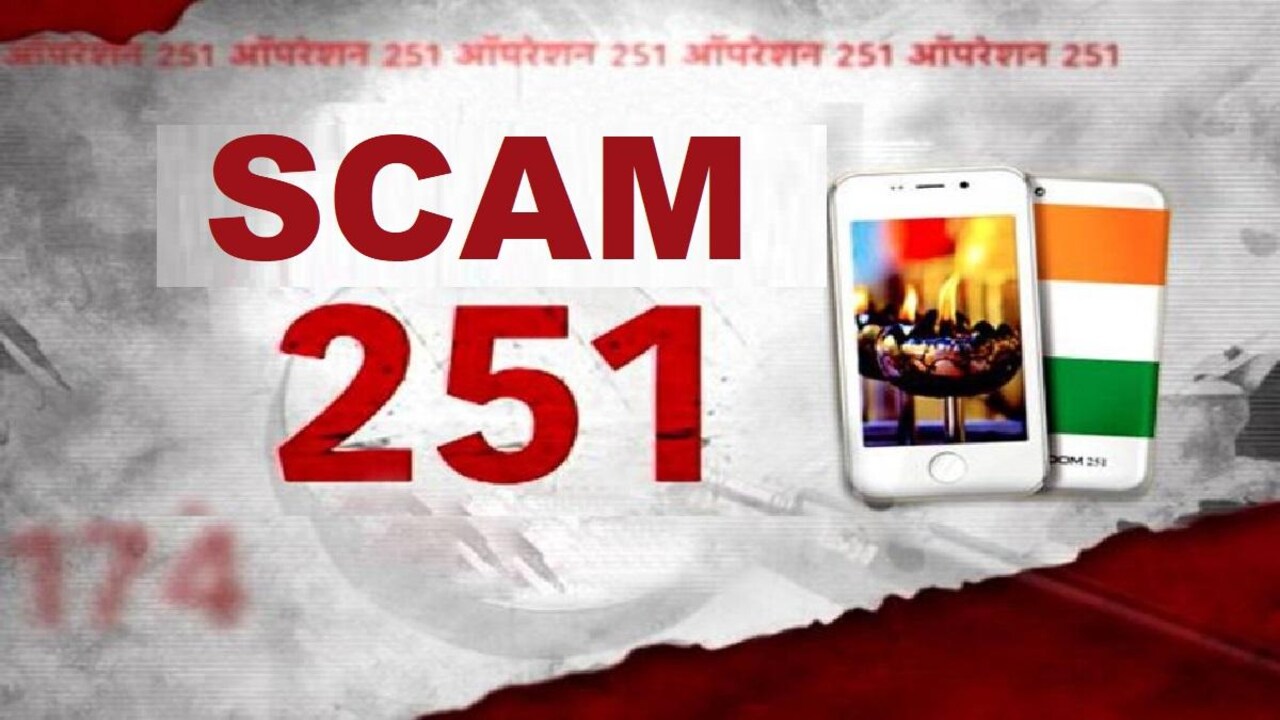Freedom 251 Scam: The Shocking Truth Behind India’s Biggest Tech Fraud

In 2016, India witnessed an audacious tech scam that shook the nation—the Freedom 251 fraud. Marketed as the world’s cheapest smartphone at just ₹251, it promised cutting-edge features but delivered nothing but deception. Behind this ambitious yet fraudulent scheme was Ringing Bells Pvt. Ltd., a Noida-based company led by Mohit Goel. What seemed like a revolutionary product turned into a massive financial fraud, exposing loopholes in India’s consumer protection and regulatory system. Let’s dive into the details of how this scam unfolded, who was responsible, and where things stand today.
The Company Behind the Scam: Ringing Bells Pvt. Ltd.
Founded in 2015, Ringing Bells Pvt. Ltd. positioned itself as a disruptive player in India’s budget smartphone market. The company gained nationwide attention when it announced the Freedom 251 smartphone in February 2016, claiming to make technology accessible to all.
False Government Ties & Unrealistic Promises
To justify the unbelievably low price, the company falsely claimed that the Indian government was subsidizing the cost under the Make in India initiative. However, these claims were later debunked, revealing a well-orchestrated fraud that left thousands of customers and suppliers defrauded.
Who Was Behind the Scam? The Rise and Fall of Mohit Goel
- Early Life & Background: Born in Uttar Pradesh, Mohit Goel had no formal background in technology. He reportedly dabbled in small-scale electronics trading before launching Ringing Bells.
- Entrepreneurial Facade: Goel projected himself as an innovator with a vision to make smartphones accessible to the masses. However, his business lacked a sustainable model, relying instead on pre-orders and misleading claims.
- Low-Profile Before the Scam: Unlike many fraudsters who flaunt wealth, Goel maintained a relatively low-key presence until the Freedom 251 controversy erupted.
The ₹251 Phone Scam: How It Deceived Millions
Also known as the “₹251 Smartphone Fraud,” this scheme played on the aspirations of India’s budget-conscious consumers. The company lured buyers with features that should have cost at least ₹2,500 but were supposedly available for a mere ₹251.
Key Tactics Used in the Fraud
- Deceptive Marketing – Advertised high-end specs (1.3 GHz processor, 1GB RAM) at an impossibly low price.
- False Government Endorsement – Misled consumers by suggesting government subsidies.
- Pre-Order Trap – Collected ₹30+ crore from eager buyers without actual production capacity.
- Bait-and-Switch Scam – Delivered a handful of subpar rebranded Chinese phones while keeping the majority of orders unfulfilled.
How the Scam Was Exposed?
As anticipation turned into frustration, customers, media, and authorities started digging deeper into Ringing Bells’ operations.
Red Flags That Led to the Unraveling
- Delivery Delays & Excuses – Despite receiving lakhs of orders, Ringing Bells failed to deliver the promised phones.
- Media Investigations – Reports by leading news outlets like The Indian Express revealed that the company lacked manufacturing facilities.
- Customer Complaints – As buyers realized they had been scammed, complaints flooded consumer forums and legal bodies.
- Legal Action & FIRs – The UP Police Economic Offences Wing (EOW) launched an investigation in 2017 after a supplier alleged non-payment.
Also Read: Harshad Mehta Net Worth in 2025
Legal Action: Mohit Goel’s Arrest & Trial
As the controversy intensified, authorities stepped in:
- 2017 Arrest: Mohit Goel was arrested under IPC Sections 420 (cheating) and 406 (criminal breach of trust).
- Bail & Ongoing Trial: Although released on bail, Goel remains entangled in multiple fraud cases.
- Other Legal Troubles: In later years, he was linked to additional scams, reinforcing his reputation as a serial fraudster.
Where Are They Now? (2024 Update)
- Ringing Bells Pvt. Ltd. – The company is defunct; its website and social media pages have been erased.
- Legal Status – The court cases are still dragging on, with little hope of victims recovering their losses.
- Consumer Impact – The scam led to stricter scrutiny of e-commerce and pre-order sales in India.
Lessons from the Freedom 251 Scam
The Freedom 251 fraud serves as a stark reminder of how unchecked ambition and deceptive marketing can exploit consumer trust. It underscores the importance of:
- Verifying Too-Good-To-Be-True Deals – If an offer seems unrealistic, it probably is.
- Government Transparency – Stronger regulations are needed to prevent misuse of national initiatives.
- Consumer Awareness – Before making advance payments, customers should research and verify seller credibility.
- As India’s digital economy grows, regulatory frameworks must evolve to prevent similar scams in the future.



